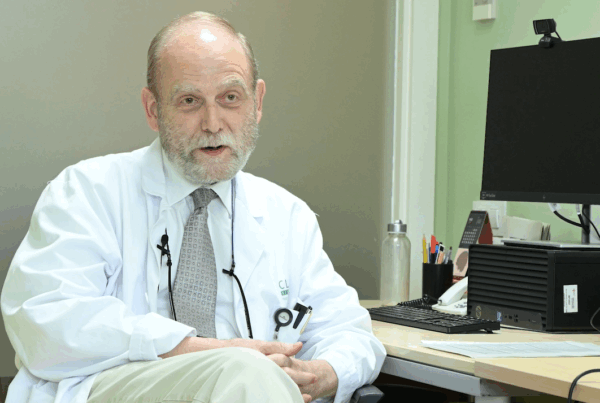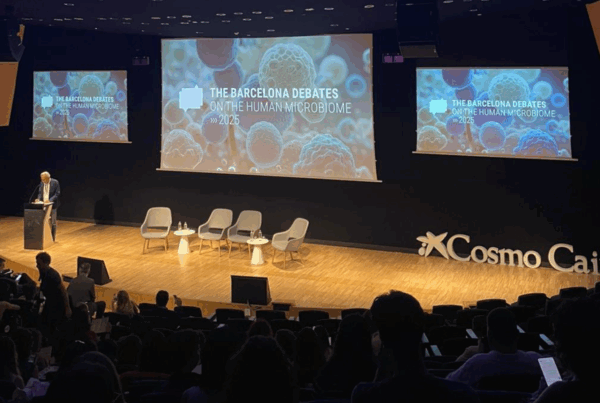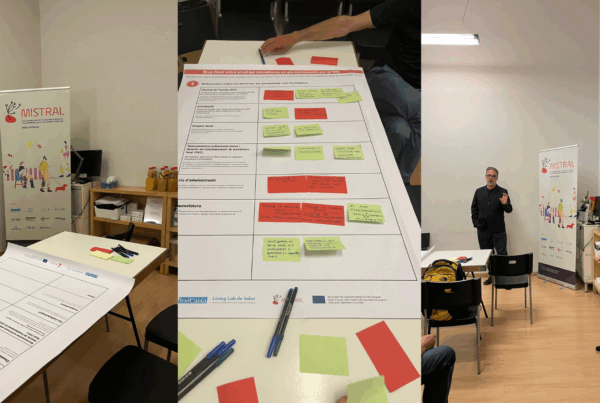
While HIV treatments have changed the paradigm of the disease, allowing for a full and normal life, the search for a definitive cure for the infection continues. Therapeutic vaccines against HIV are a potential option, and multiple research centers are working to find a vaccine that effectively activates the immune system against the virus. The European project MISTRAL aims to identify who will respond best to therapeutic vaccines and whether this variability in the response of the immune system is linked to the composition of the microbiome. To do this, the team is studying samples from participants in the AELIX-002 clinical trial, that tested for the first time the safety and efficacy of the candidate therapeutic vaccine HTI, designed by investigators at IrsiCaixa.
The therapeutic vaccine HTI, capable of educating and activating the immune system
The phase I/IIa clinical trial of the therapeutic vaccine HTI, designed at IrsiCaixa and licensed to AELIX Therapeutics for its clinical development, showed that 40% of participants who had received the vaccine were able to control better HIV when antiretroviral treatment was temporarily withdrawn. “We demonstrated that it is possible to reeducate the immune response against the virus to make it more potent and better able to control it,” comments Beatriz Mothe, a collaborator of MISTRAL and a physician and researcher at IrsiCaixa, Hospital Germans Trias i Pujol, and the Fight against Infections Foundation. Results were published in Nature Medicine in 2022, and for the first time, the level of immune response to the vaccine was associated with a better efficacy outcome.
Vaccine response profiles based on microbiome pattern
MISTRAL is working to stratify trial participants based on their response to the vaccine. “With the microbiome information from each of them, we can see if there is any pattern of bacteria linked to a better immune response against HIV,” comments Roger Paredes, coordinator of MISTRAL and a physician and researcher at IrsiCaixa, Hospital Germans Trias i Pujol, and the Fight against Infections Foundation.
Thanks to the participants
The participation and donation of samples from study volunteers are key to both the development of the HIV vaccine and understanding how to increase its effectiveness, for example, by modifying the microbiome. “We want to thank them for their collaboration because they represent a key piece to continue moving forward on the path of research for the HIV vaccine,” Mothe and Paredes emphasize.










